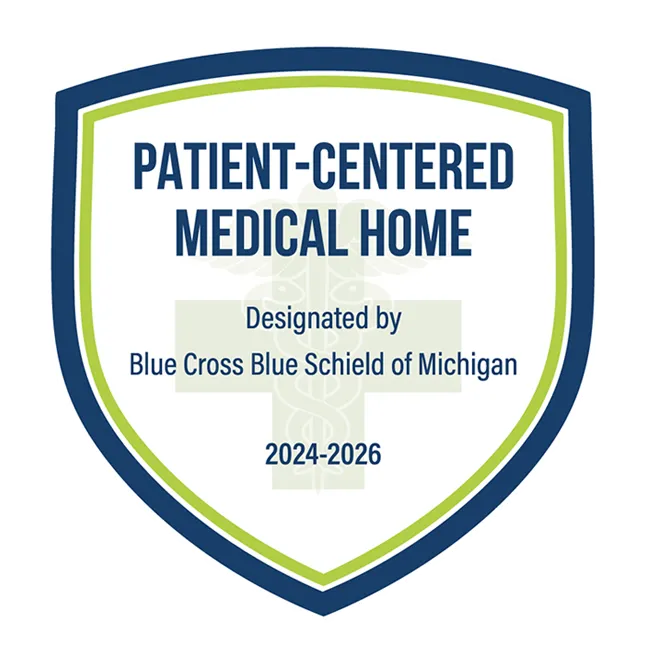A sore throat can range from a minor irritation to a debilitating condition that disrupts your daily life. While most sore throats are mild and resolve independently, a severe sore throat can be a sign of a serious underlying condition that requires medical attention. Understanding the common causes of severe sore throats and recognizing when to seek help can ensure timely and appropriate treatment, helping you to recover more quickly and avoid potential complications.
Here, we will explore the factors that can lead to severe sore throats and provide guidance on recognizing the signs, including preventive measures.
Understanding Severe Sore Throat
Sore throat is one of the common health complaints, especially during the colder months when respiratory illnesses are widespread. It is characterized by a painful, dry, or scratchy feeling, accounting for over 2% of all annual adult visits. While most sore throats clear up independently, severe sore throats persist longer and may require medical intervention.
Symptoms of Severe Throats
A severe sore throat can be accompanied by various symptoms that highlight its seriousness. Here’s what to look out for:
- Difficulty swallowing
- A hoarse or muffled voice
- Swollen, red tonsils
- White patches or pus on the tonsils
- Fever and chills
- Swollen lymph nodes in the neck
- Earache or headache
- Bad breath
Factors Behind Severe Sore Throats
Severe sore throats can stem from various underlying problems, often indicating the presence of infections, allergies, or chronic conditions:
- Viral Infections: Around 50%-80% of sore throats result from viral infections such as the common cold, influenza, or mononucleosis. A runny nose, cough, and body aches typically accompany them.
- Bacterial Infections: Streptococcus pyogenes causes strep throat, a common bacterial cause of severe sore throats, especially in children. It requires antibiotics to prevent complications.
- Allergies and Irritants: Pollen, dust, or pet dander allergies can irritate and swell the throat, while exposure to tobacco smoke, pollution, and chemical fumes can also lead to sore throats.
- Gastroesophageal Reflux Disease (GERD): GERD causes stomach acid to back up into the esophagus, irritating and inflaming the throat, often accompanied by heartburn and a sour taste in the mouth.
- Other Medical Conditions: Conditions like tonsillitis, peritonsillar abscess, and laryngitis cause sore throats, often requiring medical evaluation and treatment.
Potential Risks and Prevention Tips
If left untreated, severe sore throats can lead to complications such as:
- Abscesses: Pockets of pus that can form around the tonsils, requiring drainage.
- Spread of Infection: Bacterial infections can spread to other body parts, causing serious health issues.
- Breathing Difficulties: Severe swelling can obstruct the airway, leading to breathing problems.
- Rheumatic Fever: Complication of untreated strep throat that can affect the heart, joints, and brain.
Additionally, preventive measures include:
- Practicing good hygiene, such as frequent handwashing
- Avoiding close contact with individuals who are sick
- Managing allergies and avoiding known irritants
- Using a humidifier to keep the throat moist
- Diagnosis and Treatment
Severe sore throat typically involves:
- Physical Examination: A thorough examination of the throat.
- Throat Swabs: Testing for bacterial infections.
- Blood Tests: Identifying viral infections or other underlying conditions.
On the other hand, the approach to severe sore throat treatment is determined by the underlying cause:
- Viral Infections: These typically resolve on their own with rest, hydration, and over-the-counter pain relievers to alleviate symptoms.
- Bacterial Infections: Requiring antibiotics to clear the infection, prevent complications, and effectively complete the entire course is essential.
- Allergies and GERD: Managed with medications and lifestyle changes, such as avoiding allergens and adjusting diet, to reduce throat irritation.
When to Seek Medical Help?
It's important to seek medical attention if you experience:
- Severe or persistent throat pain lasting more than a week
- Difficulty breathing or swallowing
- High fever or rash
- Swelling in the neck or around the throat
- Blood in saliva or phlegm
- Signs of dehydration, such as dark urine or dizziness
Prompt evaluation and treatment are vital to preventing complications and ensuring a speedy recovery.
Get Fast and Effective Relief from Severe Throats at MI Express Urgent Care
Addressing severe sore throats promptly is important for your well-being. By seeking timely evaluation and treatment, you can manage your symptoms effectively and avoid complications.
If you're experiencing severe throat pain, contact MI Express Urgent Care today for professional evaluation and comprehensive treatment to help you recover swiftly.
Book your appointment now for expert care!







